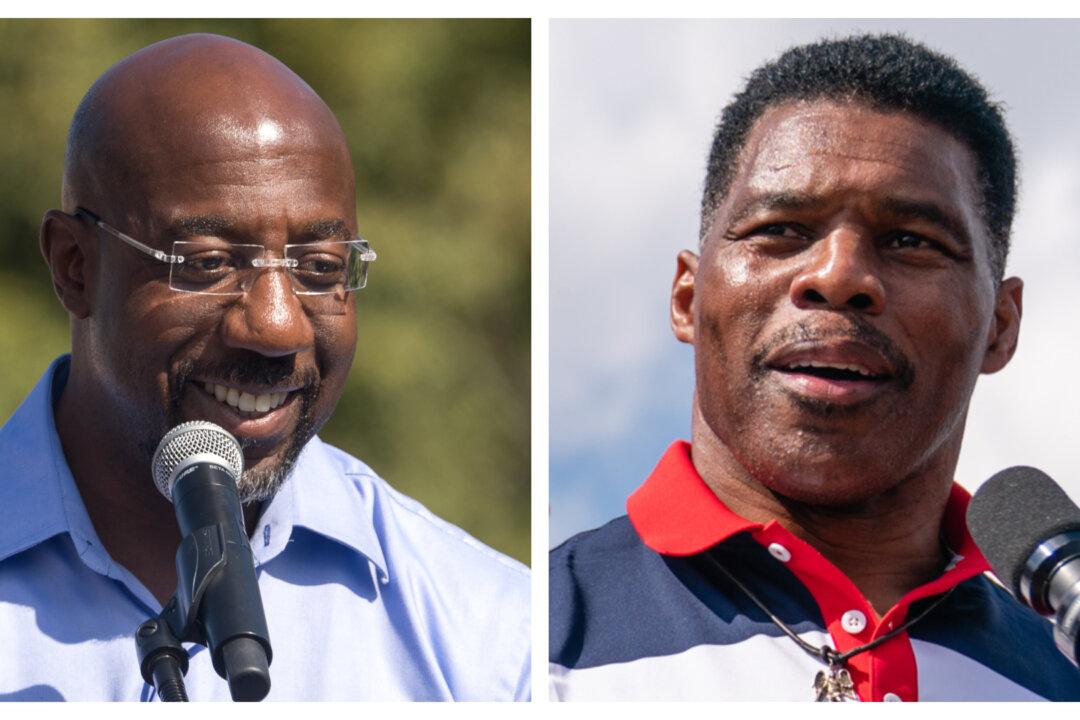There will be no debate in the runup to the Georgia Senate runoff on Dec. 6, with the Atlanta Press Club announcing Thursday it was canceling a debate scheduled for Nov. 21 because neither Raphael Warnock nor Herschel Walker had accepted.
“The Atlanta Press Club believes debating is an important part of any election as a way to help voters contrast where the candidates stand on issues important to them,” Ken Foskett, Atlanta Press Club board chair, said in a letter to club members.





